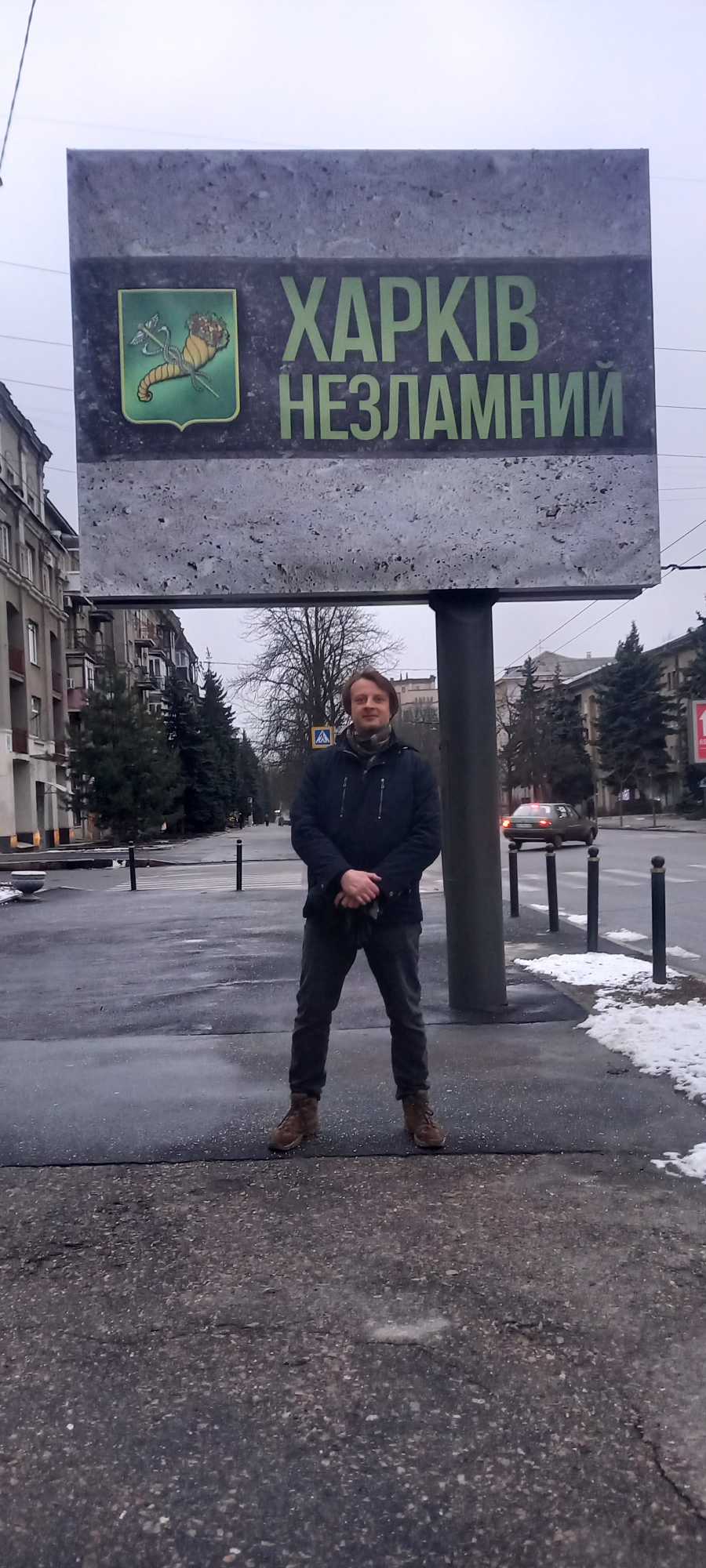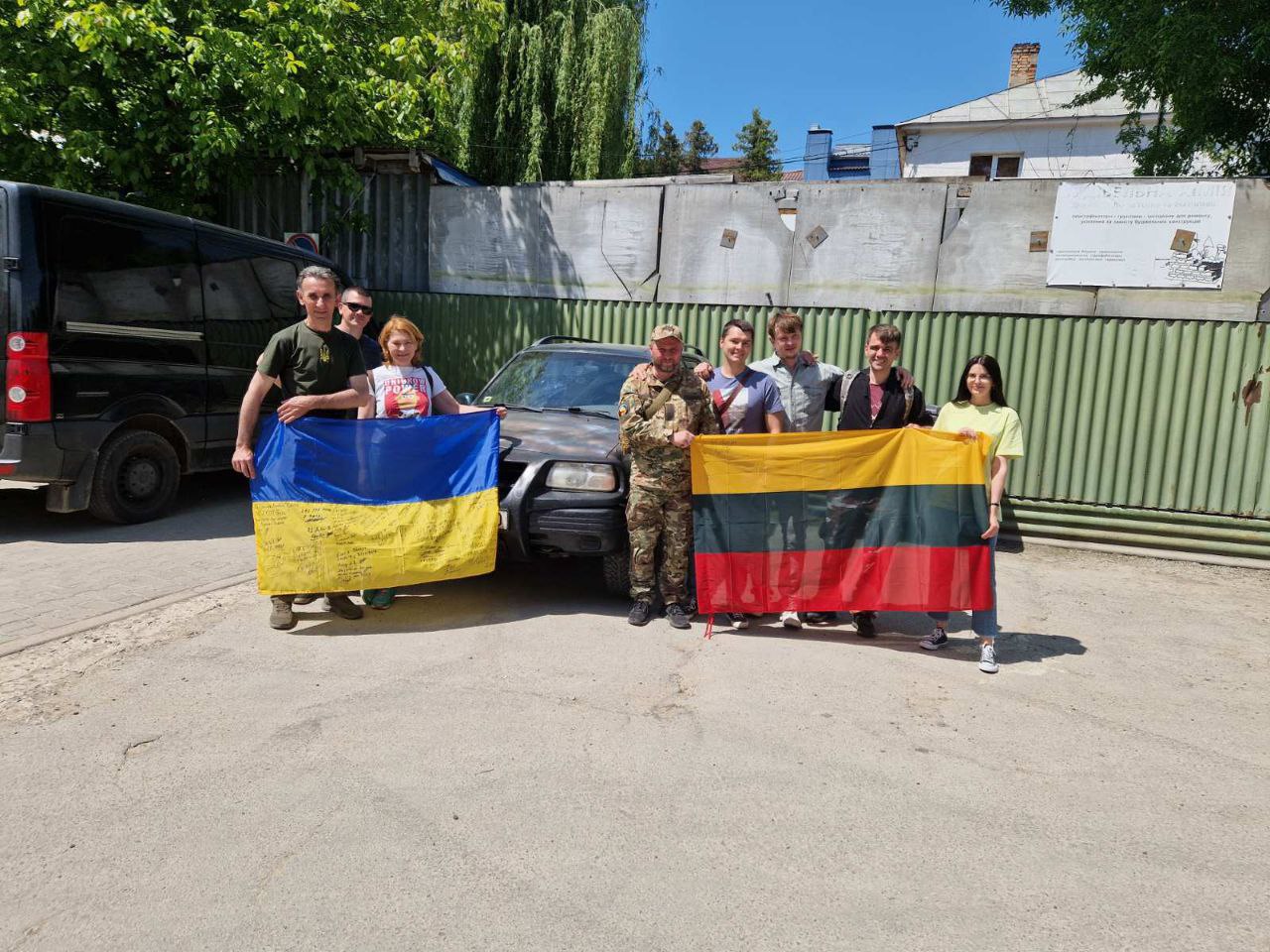war story
Apr 25, 2025
The first touch of war
The first touch of war

aiTHE SHOES
aiI bought these shoes exactly 5 years ago, in spring of 2020 during the lockdown. Good hiking shoes, that were supposed to taste the mountains of Tenerife. In January and February that year I stayed in a tent in a hippie community there. It was my most magical trip ever outside of Lithuania. So trying to escape the confinement of four walls and to return to paradise in Tenerife, I bought a ticket there. I was supposed to fly through Riga. But never got any farther, as I didn’t have the right Covid documents for Spain. The shoes never made it to the island. Never touched volcanic dust. Instead, they picked up some thick soil in Eastern Ukraine. Black, fine, almost oily. It’s still lodged in the treads. Even after scrubbing, it lingers.
aiI bought these shoes exactly 5 years ago, in spring of 2020 during the lockdown. Good hiking shoes, that were supposed to taste the mountains of Tenerife. In January and February that year I stayed in a tent in a hippie community there. It was my most magical trip ever outside of Lithuania. So trying to escape the confinement of four walls and to return to paradise in Tenerife, I bought a ticket there. I was supposed to fly through Riga. But never got any farther, as I didn’t have the right Covid documents for Spain. The shoes never made it to the island. Never touched volcanic dust. Instead, they picked up some thick soil in Eastern Ukraine. Black, fine, almost oily. It’s still lodged in the treads. Even after scrubbing, it lingers.
aiI was wearing them when, in the early spring of 2022, I met two girls from Kharkiv, Liza and Svetlana, at the central train station in Vilnius. They made it there through Warsaw, in Poland, where they didn’t have a place to stay. It was late at night, but my friend from Warsaw was online, so I called him and he helped them. Upon the arrival they stayed with me for a week in the house in the suburbs and later moved into the city.
aiAfter arriving from the station, we spontaneously walked to the river, to a large sandy cliff I hadn’t been to in years. The forest was quiet. Thin light through the trees. Birds. Damp earth. The kind of spring that doesn’t announce itself—it just slowly arrives. Liza took photos of the skyline. Svetlana found a pine twig and took it home. “For protection against evil spirits.” - she said. She looked serious, but I couldn’t tell if she meant it. They spoke little. But their silence didn’t feel empty, it seemed as something was lurking behind it. It kinda had its own weight. Something else settled with them—just behind their words. Not quite grief. Not quite fear. It had a vibe, that I never felt before. The vibe of war.
aiBefore the war, they studied theater—Svetlana in directing, Liza in acting. Their play premiered on February 23. A few hours later, the bombing started and the invasion began…By dawn, the city was under attack. They were talking about this in the kitchen, as if talking about everyday things. About nights in basements, shelling, and friends who miraculously escaped from Izium city in Kharkiv region... No dramatic pauses. Just facts. Offered plainly. Maybe because there was too much to say. Maybe because they were tired. I didn’t push for more.
aiSvetlana was graceful, dark-skinned, with mysterious black eyes and slightly curly red hair. She wore a green beret that suited her face perfectly. She used drink a lot of coffee and to smoke constantly. We met a few times later that summer, but now she lives in Georgia, and we haven’t written each other for quite a bit… Liza was shorter, with very delicate, light facial features, just as quiet. But if Svetlana’s silence (at least it seemed to me) carried some hidden charm, Liza seemed more burdened. She got sick one night—something she ate, maybe... or maybe it was a delayed reaction to stress. I wondered if her body had just needed a break from holding everything in... Later that year she went back to Kharkiv. She works. She still acts. Because of constant shelling, the plays take place underground.
aiThe volunteering
aiMy volunteering started online. On the second day of war a friend and I created a Facebook group called "Russian War Crimes in Ukraine." Information warfare is still warfare. But I felt the need to do something more tangible.
aiMy volunteering started online. On the second day of war a friend and I created a Facebook group called "Russian War Crimes in Ukraine." Information warfare is still warfare. But I felt the need to do something more tangible.
aiIn May 2022, I went for the first time—though only to the border.
aiI know quite a few people who did far more than I did: those who traveled during the very first days of the war, when everything was uncertain and extremely dangerous —like the combat medic we drove on that first trip. He had already spent four months at the front and was heading back…
aiThere were volunteers who drove through sleepless nights, risking serious troubles by ignoring curfews; who transported refugees from a country, ravaged by war. I wasn’t there then… I got more seriously involved much later—when the invaders were no longer near Kyiv or Kharkiv.
aiI know quite a few people who did far more than I did: those who traveled during the very first days of the war, when everything was uncertain and extremely dangerous —like the combat medic we drove on that first trip. He had already spent four months at the front and was heading back…
aiThere were volunteers who drove through sleepless nights, risking serious troubles by ignoring curfews; who transported refugees from a country, ravaged by war. I wasn’t there then… I got more seriously involved much later—when the invaders were no longer near Kyiv or Kharkiv.
aiTHE CUSTOMS. IVANO-FRANKIVSK.
aiThe most frustrating part of the trips was the waiting at the border, at customs. The Poland–Ukraine border reminded me of a mix between purgatory and hell. Sometimes we waited 5–6 hours after long, exhausting drives through the winding roads of Eastern Poland. After such journeys, a hotel bed truly felt like salvation. Once, were lucky, as we crossed the border in only thirty minutes.
aiThe most frustrating part of the trips was the waiting at the border, at customs. The Poland–Ukraine border reminded me of a mix between purgatory and hell. Sometimes we waited 5–6 hours after long, exhausting drives through the winding roads of Eastern Poland. After such journeys, a hotel bed truly felt like salvation. Once, were lucky, as we crossed the border in only thirty minutes.
aiThat was our second trip. I was driving with my friend Ignas—about 1,000 kilometers altogether. Around 3 a.m., we arrived in Ivano-Frankivsk.
aiIvano-Frankivsk lies close to the Carpathian mountains —about an hour’s drive from the city. Throughout the war, it was targeted only a few times, likely due to its distance from the front—over 1,000 kilometers. Still, there was heavily equipped block-post at the city’s edge, where we were met by soldiers.. In the town itself, sandbags covered some buildings. Even here, at the foot of the mountains, the presence of war lingered.
aiThe city had it's magic southern vibe, with beatiful parks, splendid buildings of historic center, street musicians...
aiThe city had it's magic southern vibe, with beatiful parks, splendid buildings of historic center, street musicians...
aiAs volunteers, we were invited to lunch at a local restaurant. A few soldiers joined us—one in particular had a sharp sense of humor, keeping everyone at ease. Another sat mostly in silence. He was older—over fifty perhaps. Sometimes his gaze would pause, not in distraction, but in something deeper.
aiHe had suffered a serious head injury—lost part of his skull, was concussed. What shocked me most was that he had to cover the rest of his head with a t-shirt, in order to protect it from flies…
aiHe had suffered a serious head injury—lost part of his skull, was concussed. What shocked me most was that he had to cover the rest of his head with a t-shirt, in order to protect it from flies…
aiThe journey back to Vilnius with the bus was heavy and tiring, through rainy night and long 6 hours at the customs… but through all this journey back home this image of a soldier, covering his brain from flies with a t-shirt, was present in my mind… The old Suzuki Vitara we delivered spent a year and two months at the front.
aiKYIV.
aiThe trip was organized by a well-known Lithuanian activist and volunteer, Valdas Bartkevičius. Later, he caused a scandal in Russia by visiting the occupied Kursk region with Ukrainian soldiers and imitated urinating on a Soviet war monument. He is now wanted in Russia as a terrorist and extremist.
aiBefore the journey to Kyiv I made two more trips to Western Ukraine, now got a bit further East.
aiThe trip was organized by a well-known Lithuanian activist and volunteer, Valdas Bartkevičius. Later, he caused a scandal in Russia by visiting the occupied Kursk region with Ukrainian soldiers and imitated urinating on a Soviet war monument. He is now wanted in Russia as a terrorist and extremist.
aiBefore the journey to Kyiv I made two more trips to Western Ukraine, now got a bit further East.
aiThe trips with Valdas are, and always have been, dangerous, as Valdas always travels to the most dangerous areas without hesitation. During one trip, a ballistic Iskander missile landed near two volunteers. Both were concussed; gunpowder residue was found in their lungs. One was hit in the arm with shrapnel, the other lost a leg. Yet both still deliver cars to Ukraine. If not for a large factory building that shielded them from the blast, they likely wouldn’t have survived.
aiDuring another mission, Valdas touched an object that exploded in his hand. Such mines are often left by collaborators in Eastern Ukraine, designed to detonate upon touch. If it weren’t for one of the volunteers—a former soldier now in a wheelchair—who somehow rushed Valdas with a car to a military hospital in Dnipro, his hand might not have been saved. Valdas lost one and a half fingers but continues his tireless work finding and delivering vehicles to Ukraine. He’s already brought in nearly 500.
aiBut all those events happened afterward. Just last August, we began our journey in the city of Kaunas with 23 vehicles (of which about 4 or 5 broke down during the trip), and in Poland, I and another young man got into an accident when the convoy came to a sudden stop..
aiI slammed the brakes with both feet, but it wasn’t enough. I knew I wouldn’t avoid hitting the car in front, so I turned my jeep slightly off to the side. It worked — mostly. Ignas’ car, my friend’s, only got a cracked headlight and a dented side. Could’ve been worse.
aiI slammed the brakes with both feet, but it wasn’t enough. I knew I wouldn’t avoid hitting the car in front, so I turned my jeep slightly off to the side. It worked — mostly. Ignas’ car, my friend’s, only got a cracked headlight and a dented side. Could’ve been worse.
ai I, on the other hand, veered into the oncoming lane. I had to jerk the wheel hard to the right. We avoided a crash — but the steering column didn’t survive. It snapped.
aiThat day in Poland was a major religious holiday – the Assumption of Mary. Everything was completely closed; no services were operating... A nearby Ukrainian family, that appeared to live nearby by miracle helped us, actually, saved us – they fed us, gave us a place to sleep, and the next day, a mechanic they knew came and fixed everything by the evening. Valdas sent the necessary funds to my fellow unfortunate traveler, Nojus, to cover the losses, I added 50 euros from myself, and on Saturday morning, we set off again.
ai Another long wait at the border, and only at five in the morning did we reach the town of Rava-Ruska, where I had saved a couple of contacts from a trip a year earlier. At the place we were supposed to spend the night, we were greeted not by Nikolayich from Kherson, a former fighter, whom I called from Poland; but by “Maza” (Anatoliy), a paramedic from The Right Sector who had fought against the police in Maidan back in 2014 and later went to fight in Eastern Ukraine. He warmly offered us tea and dumplings, wished us a good rest. We went for a nap, and in the morning, after a warm farewell, we moved on.
ai The weather was fantastic. Only once did we come across a bad stretch of road about a dozen kilometers long. But something else stood out. The further east we went, the more reckless the drivers seemed… In many places, even in Western Ukraine, some anti-tank obstacles were still scattered here and there. And upon entering the Zhytomyr highway, I recalled those images from the news… In total, 26 innocent civilians were shot on the Zhytomyr highway in February and March 2022...
aiUpon entering Kyiv, we were met by three traffic jams. Traffic and congestion in Kyiv are very different from Vilnius. Many drives like maniacs. Somehow, I managed to reach our destination. But my colleague actually liked driving in Kyiv: “At least no one’s dozing off here!” My colleague delivered a vehicle to a paramedic who had been at war since day one. His code name – “The Dentist,” because he had come to Kyiv from Lithuania to fix his teeth, but joined the defense of Ukraine when the invasion began. The Nissan Navarra I was driving went to another Lithuanian, a storm unit commander who had been at war for over a year. I handed it over to him in the courtyard of a Khrushchev-era apartment building – similar courtyards I had seen in Donbass, in Druzhkivka… There are very few of them, but they still exist even in my hometown, Vilnius. Unfortunately, I don’t know how that Lithuanian is doing now, just as I don’t know what happened to that first paramedic who served during the first four months of the war. And for more than two weeks now, that soldier whose unit we found a car for – and which I had planned to deliver – has been out of communication… The fog of war...
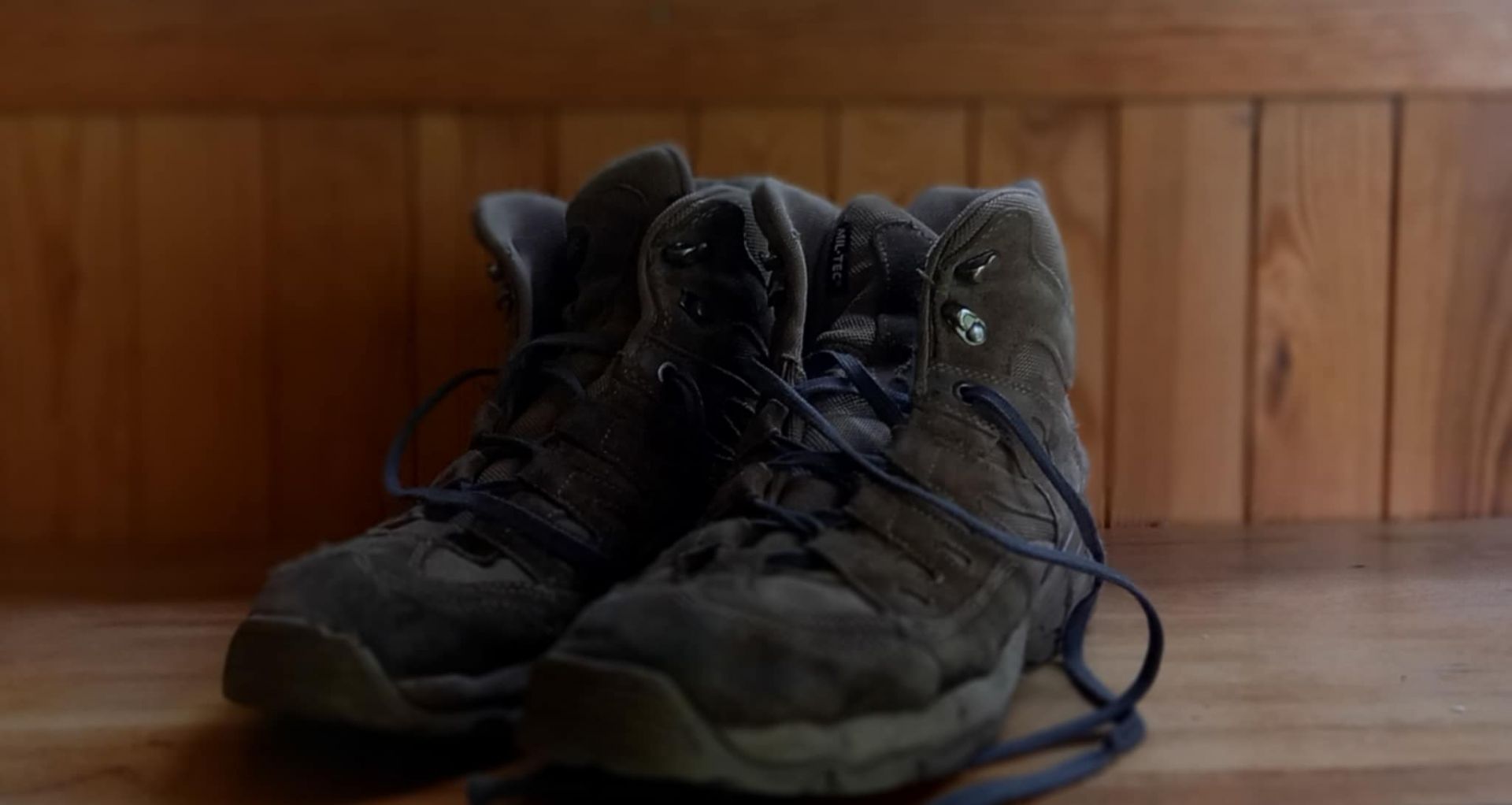
SHOES, which picked up some thick soil in Eastern Ukraine
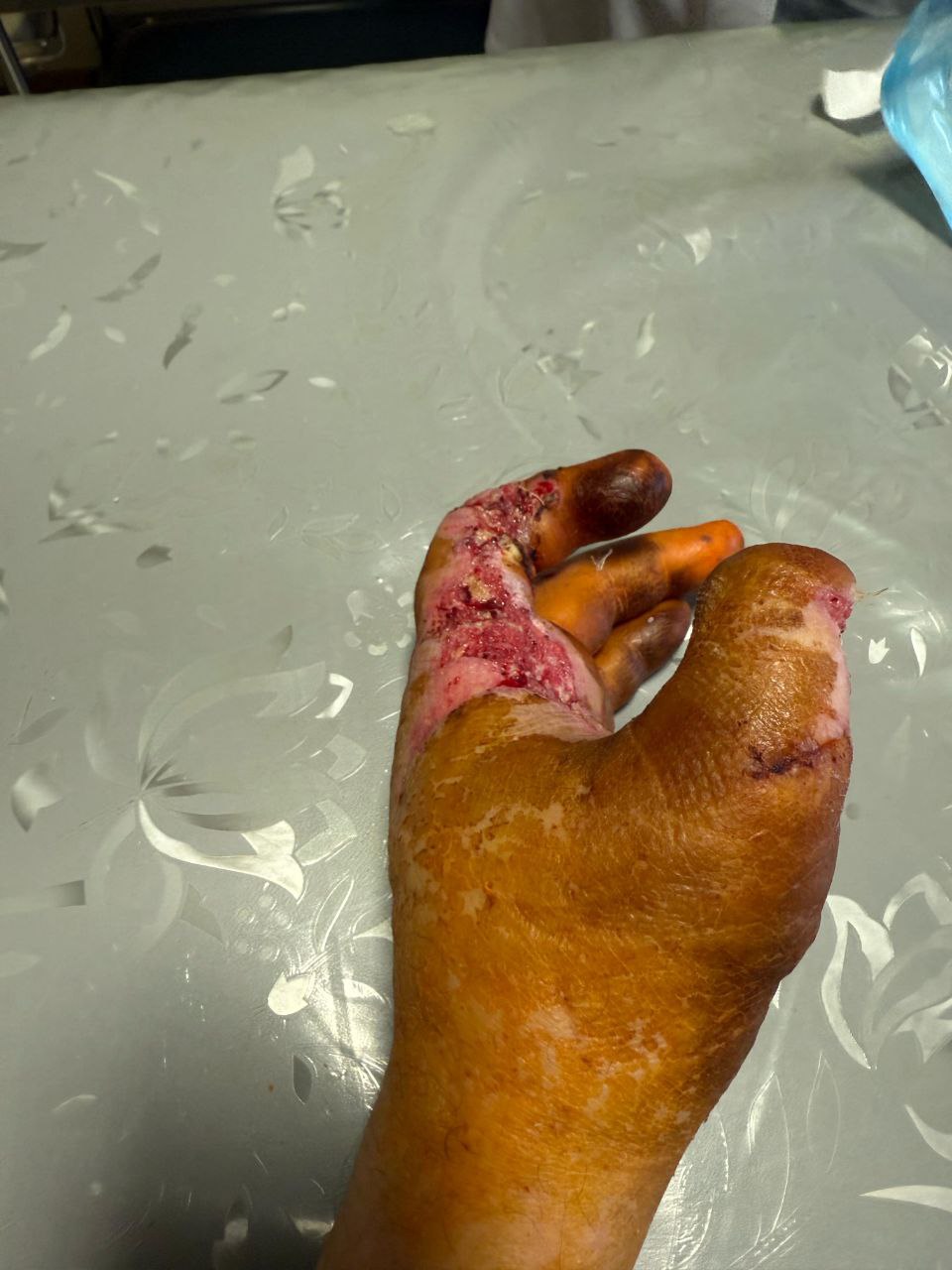
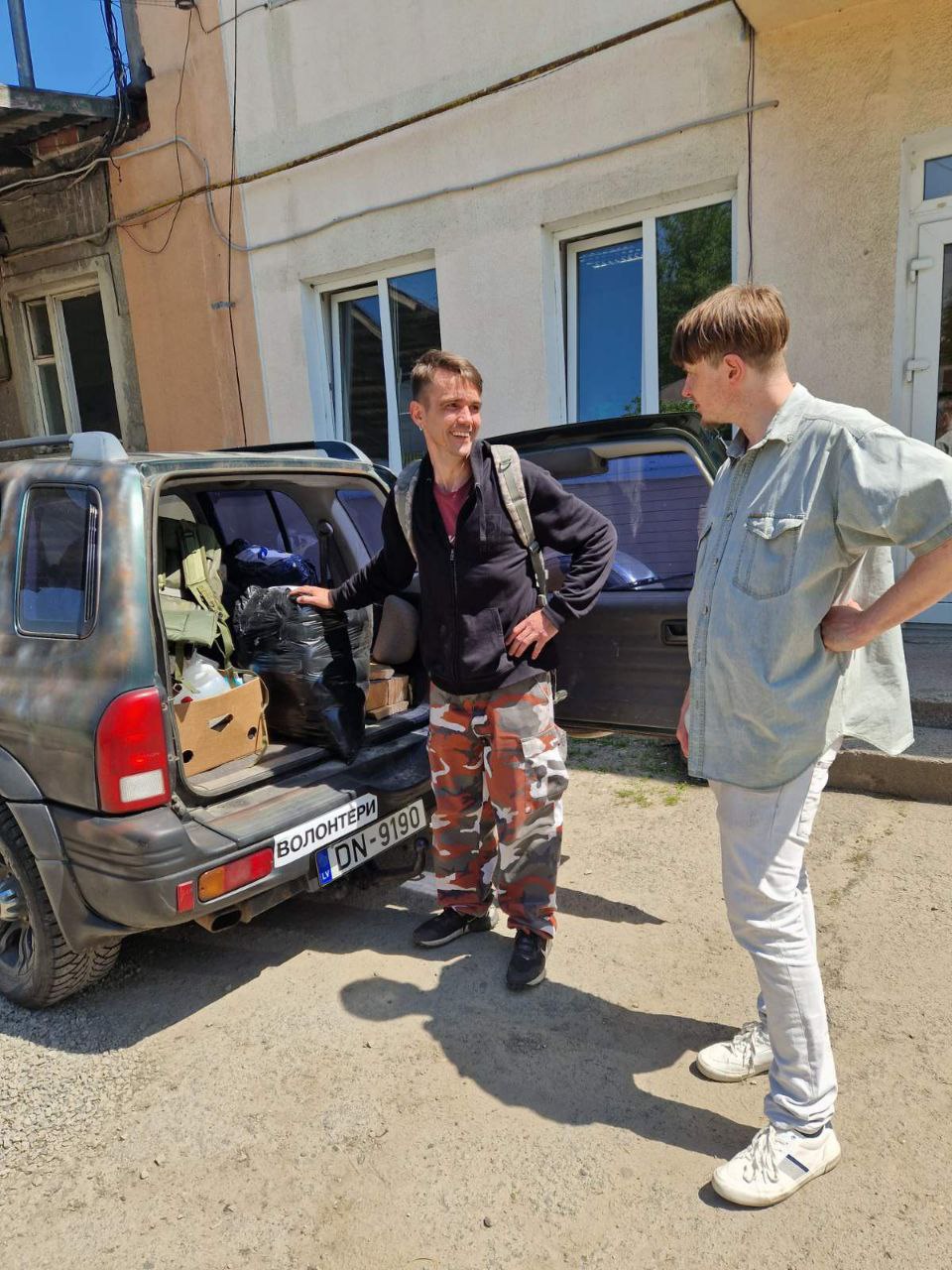
Author`s Facebook
www.facebook.com View more
Facebook group to support Ukraine, created by the author
www.facebook.com View more
